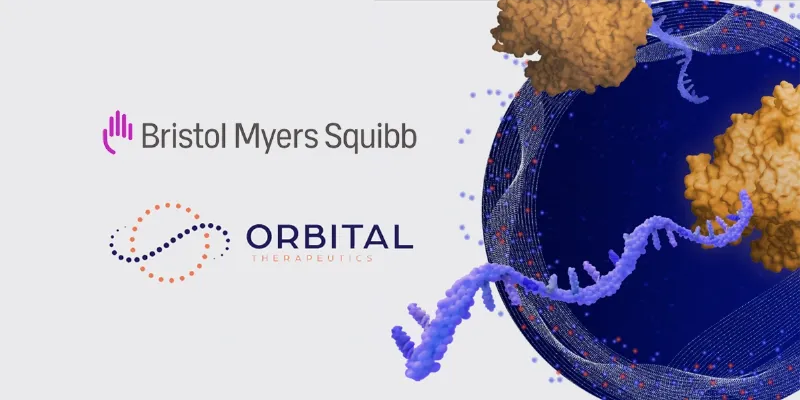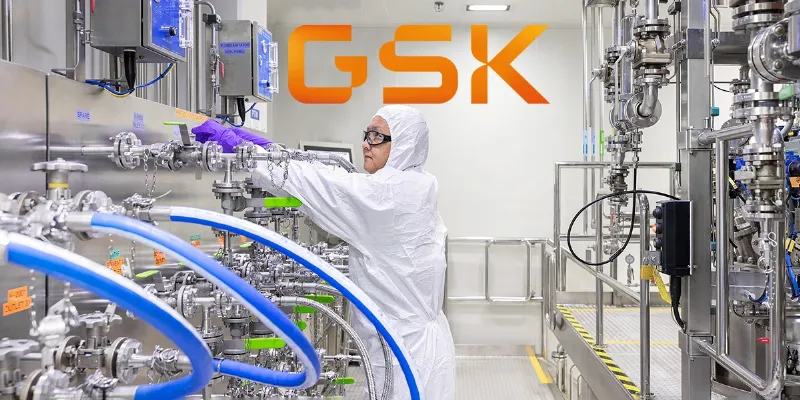Merck's Keytruda Achieves Key Milestone in Early-Stage Lung Cancer Treatment

11 October 2023
Merck's Keytruda treatment has achieved a significant milestone in treating early-stage non-small cell lung cancer, meeting its dual primary endpoint in the Phase 3 trial. The KEYNOTE-671 trial showed Keytruda, combined with chemotherapy, significantly improved overall survival compared to traditional treatments.
In a new press announcement, pharmaceutical giant Merck has revealed that its Keytruda (pembrolizumab), treatment has met the dual primary endpoint of overall survival (OS) in a pivotal Phase 3 trial for patients with resectable stage II to IIIB non-small cell lung cancer (NSCLC). The study results, to be presented at the ESMO Congress 2023, marks the first time an anti-PD-1 therapy has demonstrated such efficacy in NSCLC.
This marks a significant advancement in the medical field, as it's the first time that an anti-PD-1 therapy has demonstrated a statistically significant improvement in OS as both a pre and post-surgery treatment, compared to the traditional pre-operative chemotherapy for NSCLC.
The KEYNOTE-671 trial results are significant in the ongoing battle against lung cancer. At a pre-specified interim analysis, the study showed that patients receiving Keytruda combined with chemotherapy before surgery, followed by Keytruda post-surgery, experienced a notable improvement in OS. This was in comparison to those patients who were administered a placebo combined with chemotherapy before surgery, followed by a post-surgical placebo.
Dr. Marjorie Green, the head of late-stage oncology development at Merck Research Laboratories, highlighted the significance of these findings. "This represents the first Phase 3 study to show a statistically significant overall survival benefit for these patients. We're excited by the progress we have made to help patients with earlier stages of non-small cell lung cancer, who are in need of additional treatment options,” she said.
The safety profile of Keytruda remained consistent with previous studies, ensuring that no new safety concerns were raised. The comprehensive results from the KEYNOTE-671 analysis are set to be presented at the European Society for Medical Oncology (ESMO) Congress 2023. This congress will also showcase results from the CheckMate-77T trial for Bristol Myers Squibb’s Opdivo, another treatment for a similar category of NSCLC patients.
As the FDA's decision on KEYTRUDA’s use as a continuous neoadjuvant-plus-adjuvant therapy in early-stage NSCLC approaches, the medical community eagerly anticipates more details. The KEYNOTE-671 trial had already met its other dual primary endpoint earlier, proving that KEYTRUDA could reduce the risk of tumor recurrence, progression, or death on the event-free survival (EFS) marker.
The data from these trials is expected to provide clarity for medical professionals, as they navigate the complexities of choosing the most appropriate treatment for early-stage NSCLC patients surrounding surgery. As the research continues, the hope is that these findings will pave the way for more effective treatments and improved survival rates for those battling lung cancer.
Merck Announces Pivotal KEYNOTE-671 Trial Meets Dual Primary Endpoint of Overall Survival
KEYTRUDA is an anti-programmed death receptor-1 (PD-1) therapy that works by increasing the ability of the body’s immune system to help detect and fight tumor cells. KEYTRUDA is a humanized monoclonal antibody that blocks the interaction between PD-1 and its ligands, PD-L1 and PD-L2, thereby activating T lymphocytes which may affect both tumor cells and healthy cells. Merck has the industry’s largest immuno-oncology clinical research program. There are currently more than 1,600 trials studying KEYTRUDA across a wide variety of cancers and treatment settings. The KEYTRUDA clinical program seeks to understand the role of KEYTRUDA across cancers and the factors that may predict a patient's likelihood of benefitting from treatment with KEYTRUDA, including exploring several different biomarkers.











Comments
No Comments Yet!